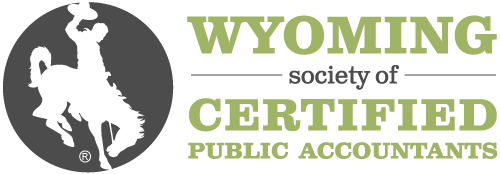Description
This course will continue concepts introduced in Mergers and Acquisitions Part 1 including preparation and analysis of a Quality of Earnings for the target. We will tie together Part 1 and Part 2 with a discussion of how the target's closing tax balance sheet differs from the closing book balance sheet. After that we'll take a deeper dive into GAAP accounting, also known as business combination accounting or the "acquisition method" of accounting for business combinations. We will also discuss how the "book" accounting can derail record keeping that impacts calculations of contingent consideration in the transaction and how you as an advisor can prepare for or even prevent post acquisition problems between buyers and sellers. You'll become familiar with ASC 805, Business Combinations and recent Codification updates impacting purchase accounting. We'll discuss the key analysis points, including the definition of a business and identify which transactions require the application of business combination accounting. The course covers common difficulties, including purchase accounting for deferred revenue, outstanding stock options, joint ventures and non-controlling interests, determining the acquisition date, valuation allowances and most balance sheet categories, including intangibles, inventory and deferred income taxes. Not required, but recommended to register for both courses in this series: Mergers & Acquisitions Part 1: The Accountant's Role Mergers & Acquisitions Part 2: Financial Accounting
Highlights
- Book and tax balance sheets at at close
- Recognition and measurement on the acquisition date
- Intangible assets - valuation concepts
- Deferred income taxes
- Stock options
Objectives
- Recognize the need for both book and tax closing balance sheets
- Understand how to prepare the GAAP closing balance sheet including the general valuation rules and the exceptions
- Record GAAP accounting for deferred taxes in an acquisition
- Become aware of valuation concepts and FASB rules around deferred revenue and stock options
Designed For
Financial and accountant advisors.
Course Pricing
WYOCPA Member Fee
$175.00
Non-Member Fee
$229.00
Your Price
$229.00
Upcoming Courses
-
CPAxPACK: Forensic Accounting: Investigate, Analyze, Report
November 3, 2025
-
CPAxPACK: Unlock Power BI with Comprehensive Data Analysis
November 3, 2025
-
CPAxPACK: Unlocking AI Potential for Business Innovation
November 3, 2025
View all upcoming courses
